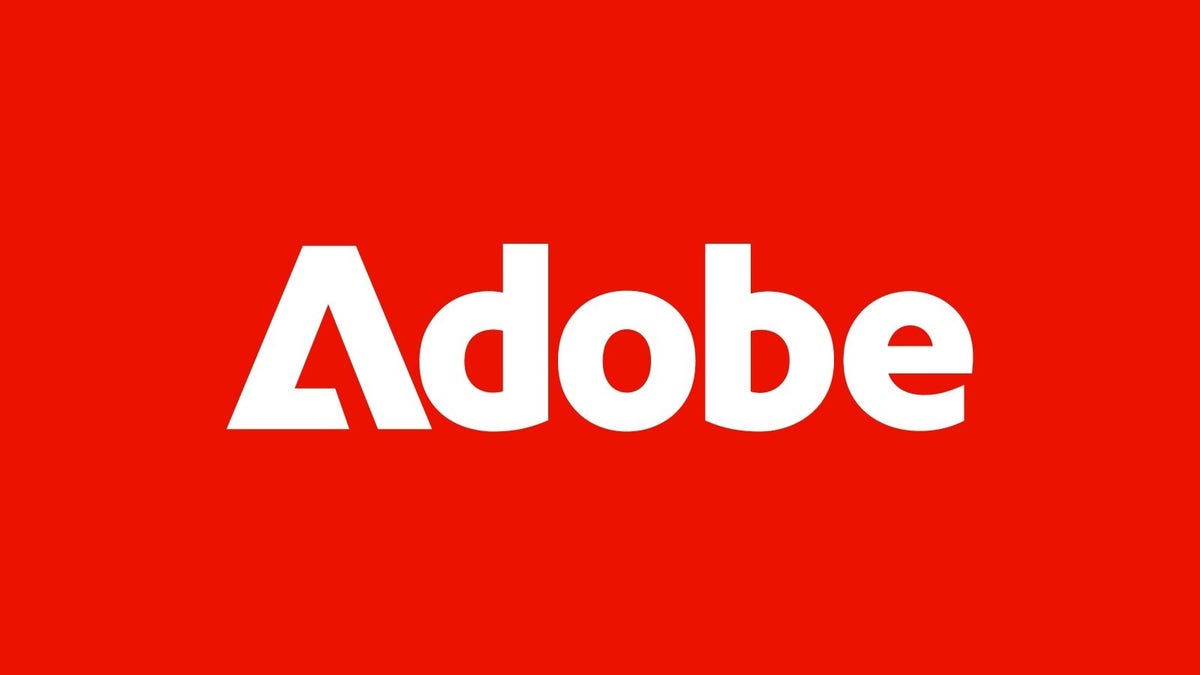EU member states have agreed to introduce a €3 customs duty on low-value e-commerce parcels entering the bloc, marking a significant shift in how online imports are taxed. The new duty will apply to individual items worth less than €150 that are shipped directly to the EU consumers from non-EU countries and is set to take effect in July 2026.
The European Commission says the measure responds to the rapid growth of e-commerce imports and aims to level the playing field between online sellers based outside the EU and European retailers, which are already subject to customs duties and other costs. The duty is designed as a temporary solution ahead of broader reforms of the EU customs system.
The interim regime will remain in place until the planned EU Customs Data Hub becomes operational in 2028. Once established, the hub is expected to provide customs authorities with a comprehensive, real-time overview of goods entering and leaving the EU, allowing for a permanent and more integrated customs duty framework for e-commerce.
The €3 customs duty is separate from a proposed EU-wide handling fee on e-commerce parcels, which is still under negotiation. While the duty addresses competitive imbalances, the handling fee would compensate customs authorities for the rising costs of supervising the growing volume of small parcels.
Under current plans, the fee could take effect later in 2026, pending an agreement between the EU institutions.
Would you like to learn more about AI, tech, and digital diplomacy? If so, ask our Diplo chatbot!









